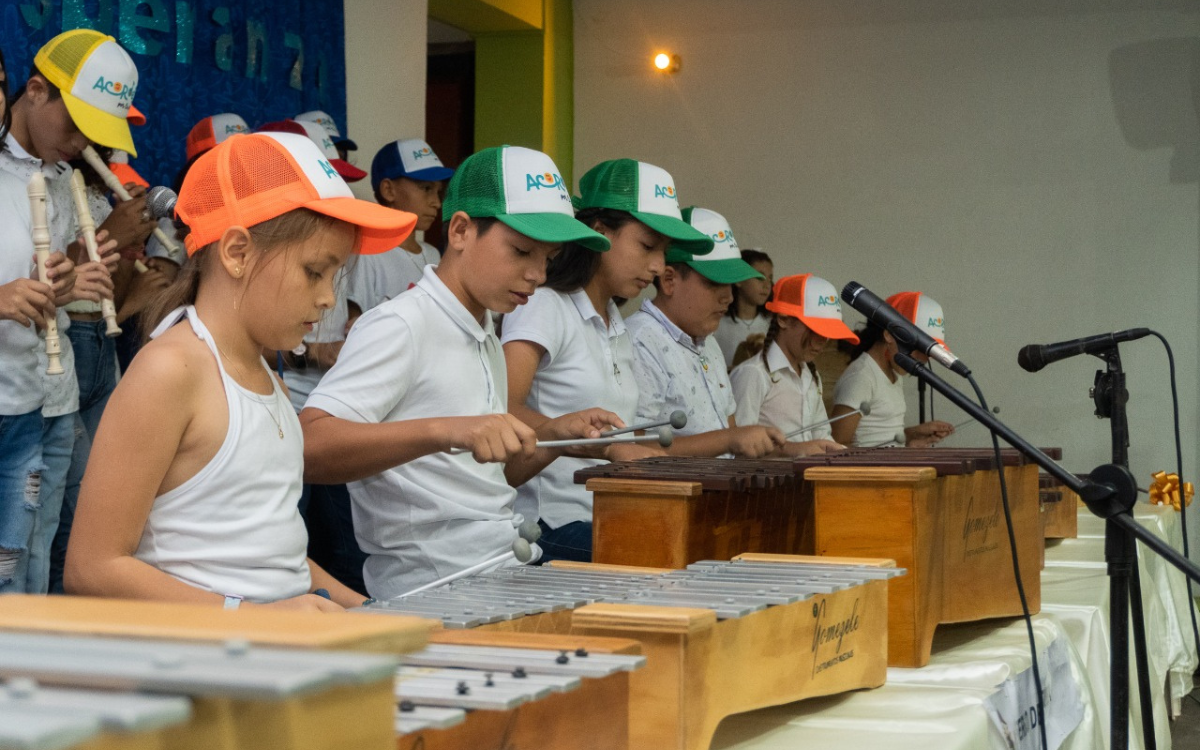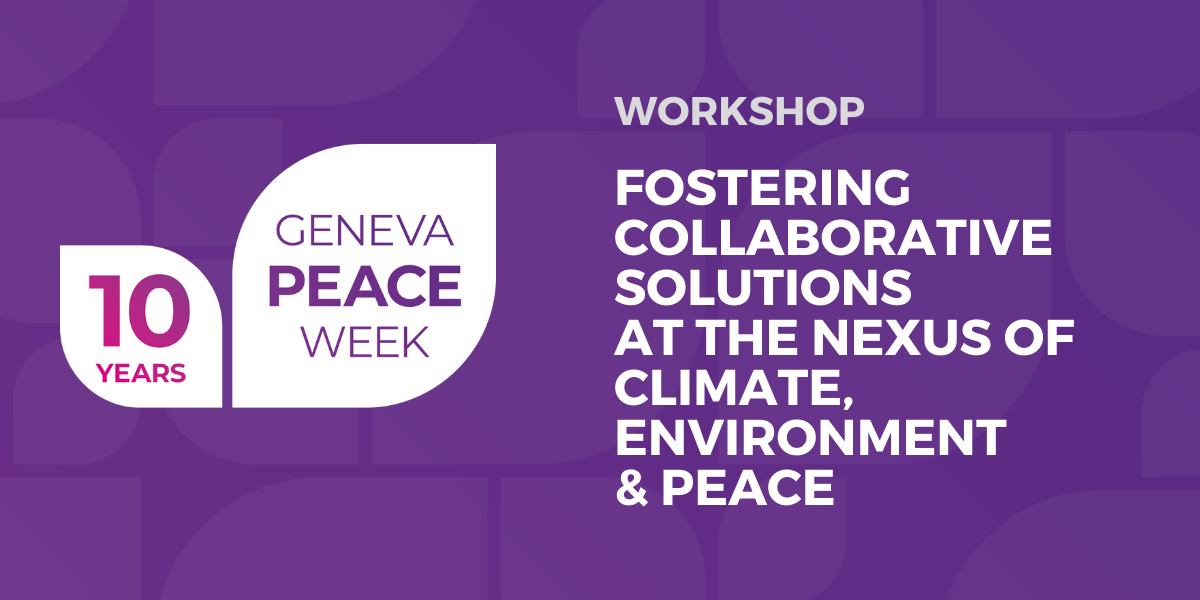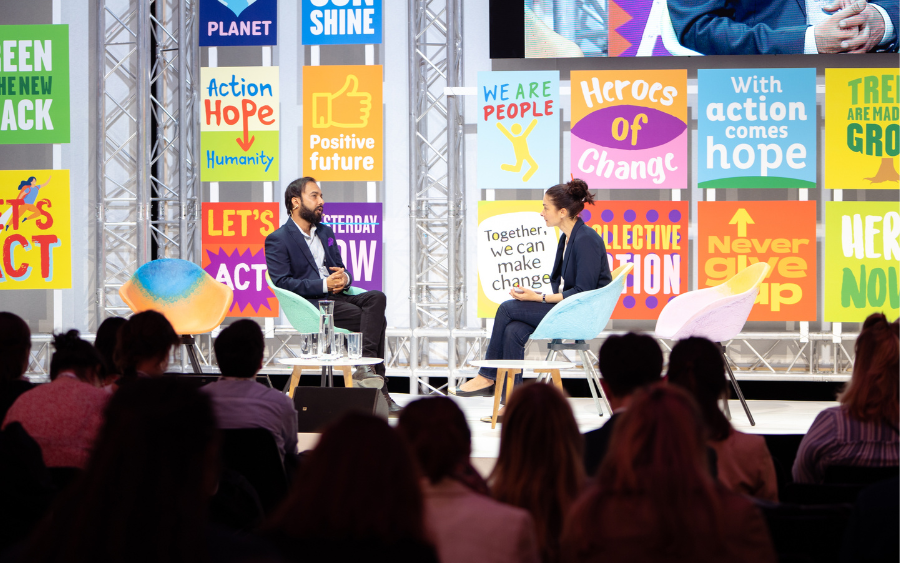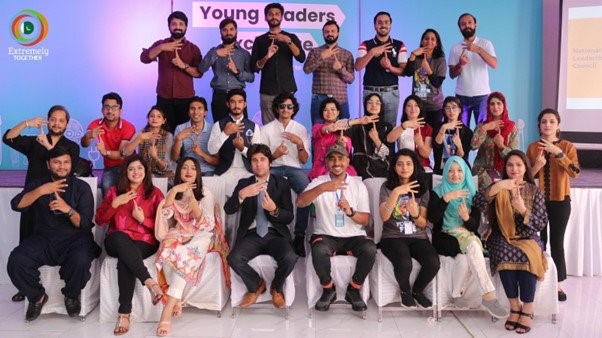Harnessing Music Education for Peacebuilding and Gender Equality in Colombia: A Guide
Building on the tools developed and lessons learned during our “Voices of Reconciliation and Equality” project in Colombia between 2022-2023, the Kofi Annan Foundation, Alianza para la Paz and Fundación Nacional Batuta have created a practical guide on how to use music to advance peace and gender equality among children and adolescents affected by violence.
The guide, “Acordes por la Paz: Enfoque de género para la paz y la reconciliación en la formación musical con niñas, niños y adolescents” (Advancing Gender Equality and Peace through Music Education for Children and Adolescents), is available exclusively in Spanish and has been developed to inspire diverse actors in Colombia to use educational spaces for peacebuilding and inclusive social transformation.
![]()
Download the Guide (In Spanish)
“Music bridges gaps that words cannot reach. Through ‘Acordes por la Paz’, we’ve witnessed firsthand the power of music to bring together hearts and minds in the pursuit of a more peaceful future.” – A teacher from a Batuta music center.
The guide draws on a tested methodology of working with music centers and their communities of teachers, students and parents in Puerto Asís, Putumayo, and Saravena, Arauca – two areas of Colombia affected by armed and gender-based violence, and by the recruitment of children and youth by armed groups. The guide also integrates lessons and good practices on peace, music, and education from several practitioners, organizations, and institutions collected through knowledge-sharing exchanges in Colombia in 2023.
Learn more about our work in Colombia in 2022 and 2023
This work from the Kofi Annan Foundation, Alianza para la Paz (APAZ) and Fundación Nacional Batuta (Batuta) builds on their decades of combined experience and expertise in youth engagement, violence prevention, reconciliation, gender equality and music education in conflict-affected communities.
What’s In the Guide
The guide is divided into three sections, each section dedicated to a crucial aspect of integrating peace and gender equality into music education.
 Part 1: Understanding the Importance of Peace and Gender Equality in Music Education
Part 1: Understanding the Importance of Peace and Gender Equality in Music Education
The guide begins by defining the perspectives, fundamental concepts and methodologies underpinning the ‘Acordes’ approach. It underscores the important role of music education in creating safe spaces for vulnerable children and youth in areas afflicted by violence and armed conflict, supported by relevant national and international legal frameworks.
Part 2: Mobilising Diverse Actors
The second section provides resources on how the ‘Acordes’ approach can be put into practice by different groups working in music education with children and youth. It provides actional steps, illustrative examples and key recommendations for the educational community, focusing on five key components for implementation:
- Organizational management within educational spaces
- Training for teachers and staff
- Music education for children and adolescents
- Psychosocial accompaniment
- Strategic communication for promoting gender equity, inclusion, violence prevention, and peacebuilding in music education.
Part 3: Resources for Effective Implementation
The final section equips educators and practitioners with essential tools for incorporating gender equality and peacebuilding approaches in music education for children and youth. These resources are essential for prevention and intervention, including lyrics and compositions for music classes, workshop formats for capacity-building, data collection instruments, methodologies for collaboration, and indicators for monitoring and measuring progress.
Who is the guide for?
In line with the approach of promoting peace through music education, the guide is designed for implementation by the educational community – management, teachers, psychosocial support and communications – with the participation of communities, families, state institutions, and local civil society organizations.
While the guide focuses on music education and supporting the work of educators, the wider community must be involved to build resilience and encourage a collective effort to prevent violence affecting children and youth.
Next Steps: Collective Action
Incorporating the Acordes approach – integrating peace and gender equality in music education processes – is an ambitious effort that requires collective action. By implementing the approach across diverse educational spaces and contexts, we hope to see the guide evolve with new experiences, contributing to continuous improvement and learning.
Thank you to the Republic and Canton of Geneva for their financial support towards the “Voices of Reconciliation and Equality” project and this guide.
Join our mailing list to stay informed of our work in Colombia and beyond!
Photo credits: Fundación Nacional Batuta



